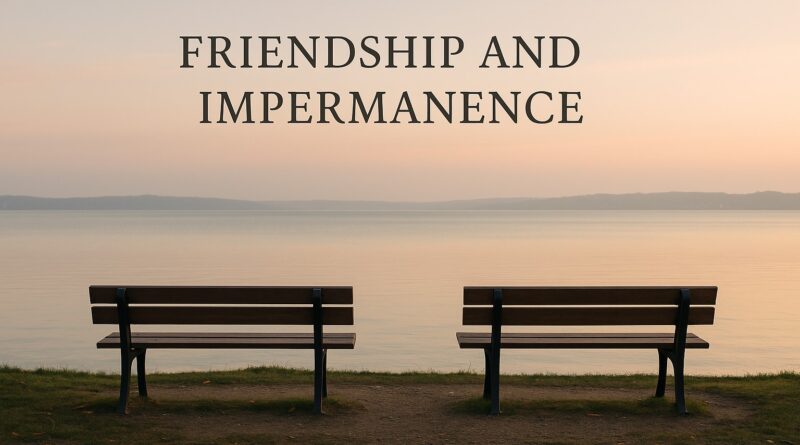Grief in Pieces
Grief often comes in pieces. It’s not only the heavy silence of a funeral or the first night alone. It returns later, quietly, when you reach for the phone to call your mother and remember she is gone. It returns when you read something that your best friend would have laughed at, and for a moment you think, “I can’t wait to tell him,” before the memory settles in.
The Stoics knew this ache. They did not command us to shoulder through grief without feeling. They taught instead that grief itself proves the depth of our love, and that while it must be acknowledged, it must not hold us captive. When paired with the framework of the five stages of grief and the echoes of Christian and Eastern wisdom, Stoic practice helps us carry loss with dignity and live more fully in the time we are given.
Read more

